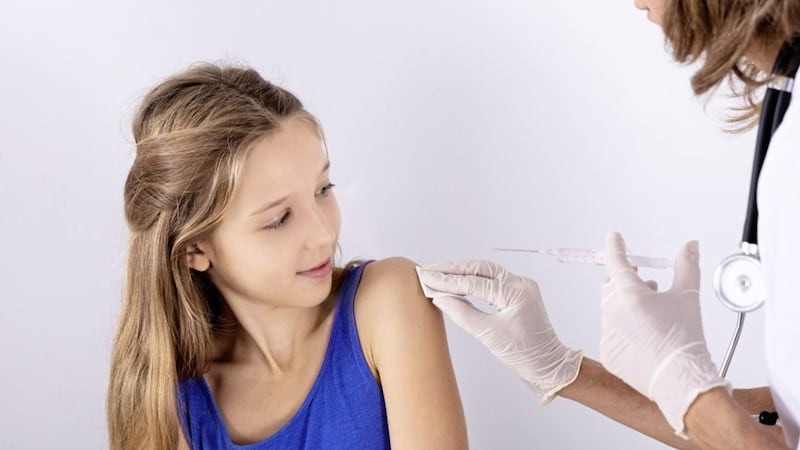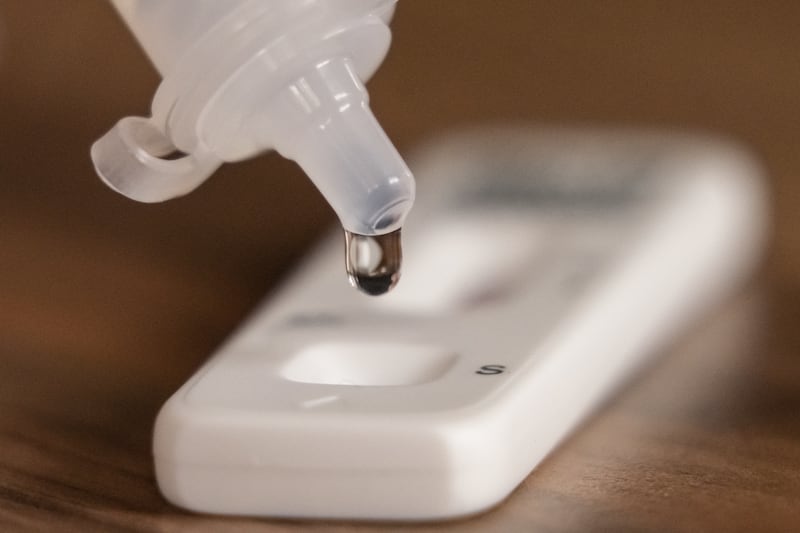A VACCINE that was once given to thousands of schoolchildren every year in the UK could reduce the risk of catching the coronavirus.
Between 1953 and 2005, the BCG jab – developed a century ago – was injected into every 10-to-14-year-old school pupil in the UK to protect them against tuberculosis (TB), a bacterial lung infection. As TB infection rates dropped, doctors abandoned mass vaccination and, in 2005, switched to targeting those most at risk – such as babies or children living with infected relatives.
But now, researchers across four countries are starting tests to see if the BCG jab could help to protect millions against highly the highly contagious coronavirus.
If these trials are successful, it could mean the vaccine – which costs as little as £30 a dose – will provide a cheap and easily available method of warding off infection.
Researchers hope it will turbo-charge the immune system so that it is in a heightened state of readiness and able to detect and destroy the virus before it wreaks havoc on the body.
In the frantic search for a vaccine to prevent Covid-19, scientists are mainly focusing on very specifically targeted drugs – for example, some experimental jabs are being made with tiny fragments of the coronavirus’s genetic material.
The idea is that the immune system detects this material and releases infection-fighting cells, called antibodies, to attack it, meaning when it is exposed to the real virus, the immune system is primed and ready. This is how most vaccines work.
But the BCG jab is thought to work differently. Instead of specifically targeting the virus, it will rev up the whole immune system so it’s more likely to snuff out any invading virus particles.
Several studies in recent years have found the BCG jab can be effective against infectious diseases other than TB.
One study, published in The BMJ in 2016, found babies given the BCG were 30 per cent less likely to die from any infectious disease in their first year of life than those who did not get it.
And, for more than 40 years, the BCG vaccine has also been used by the NHS to fire up the immune system to stop bladder cancer returning in patients who have had surgery for the disease.
Injected into the bladder itself, the jab prevents tumour recurrence in more than two-thirds of patients. Studies are under way to see if it will also stop the return of other cancers, such as bowel and lung.
Scientists think the reason the BCG vaccine acts as a general immune booster is because it is a ‘live’ vaccine. This means it is made with a weakened version of the organism that causes TB.
Most modern vaccines contain inactivated parts of the virus or bacterium they are targeting and so do not fire up the whole immune system in the same way.
Scientists began recruiting volunteers for the trial into the value of the BCG jab in fighting coronavirus at Radboud University in The Netherlands late last month.
They planned to inject 1,000 healthcare workers on the front line with either the BCG jab or a placebo. Researchers will then see if infection rates are lower in the BCG group.
Similar trials are planned at Exeter University in the UK, Athens University in Greece and Melbourne University in Australia. In theory, the jab could be available to the public within months if trials suggest it has a strong enough effect.
Peter Openshaw, a professor of experimental medicine at Imperial College London, said the BCG vaccine could be effective because it seems to trigger something called ‘trained immunity’, where the whole immune system is on alert.
"The level of alertness remains high for weeks or months after having the vaccine," he said.
"It means you may be less likely to catch infections during that period because the immune system is more likely to respond very quickly if it spots a foreign invader."
© Solo dmg media







